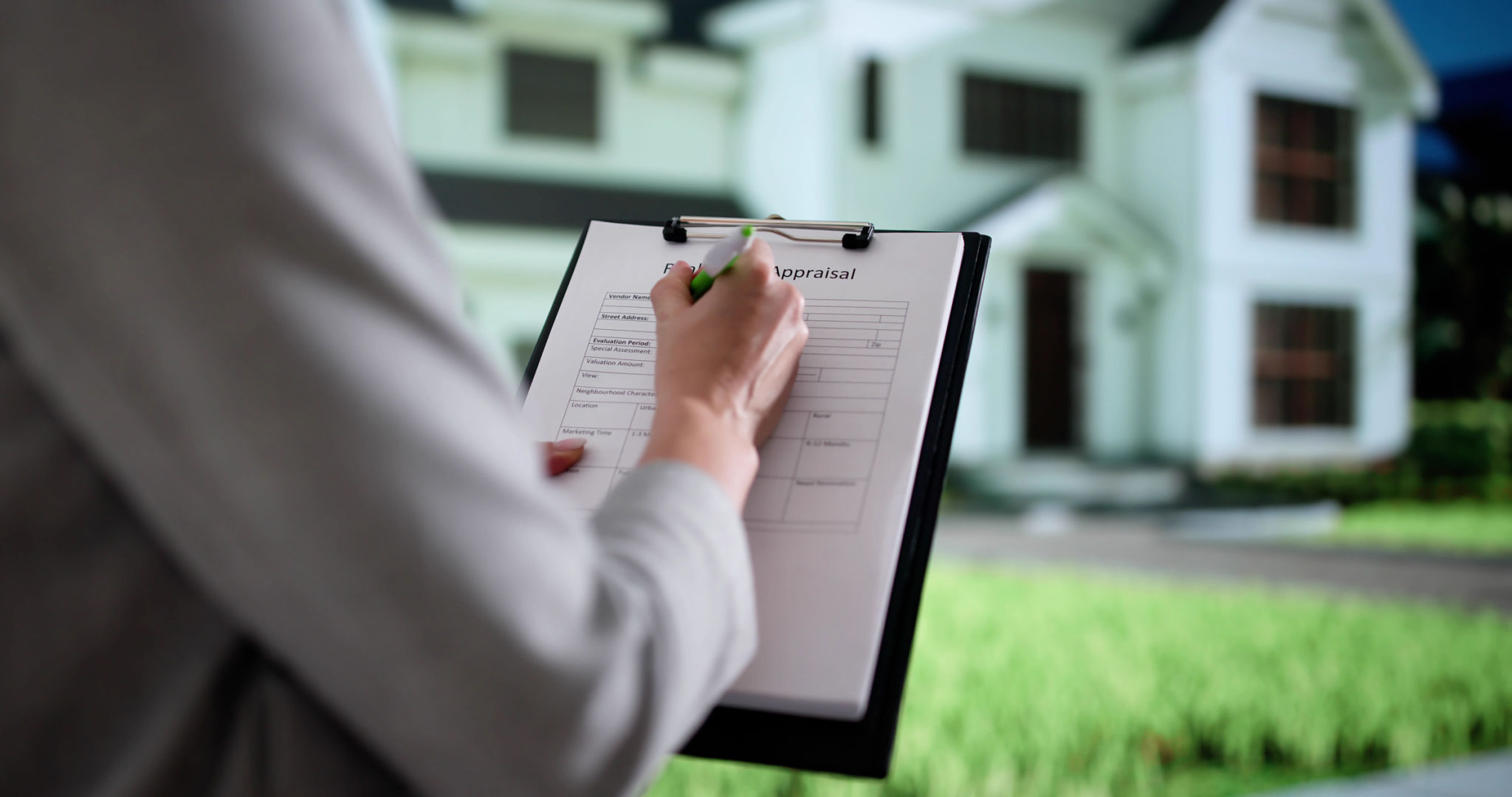Understanding the Property Management Process: From Tenant Screening to Lease Agreements
Introduction to Property Management
Property management is a multifaceted process that involves overseeing residential, commercial, or industrial real estate. The role of a property manager is to ensure the smooth operation of properties, from tenant interactions to maintenance and financial management. Understanding the property management process is crucial for both property owners and tenants to ensure a harmonious and profitable relationship.

Tenant Screening: The First Step
The tenant screening process is a critical aspect of property management. It involves evaluating potential tenants to ensure they are reliable and financially capable of meeting their rental obligations. This process typically includes:
- Conducting background checks
- Reviewing credit reports
- Verifying employment and income
- Contacting previous landlords for references
Thorough tenant screening helps prevent future complications and ensures that your property is in good hands.
Setting Rental Terms
Once a suitable tenant is identified, the next step is to set clear rental terms. This includes determining the rental price, payment schedule, and any additional fees or deposits. It's essential to be transparent with potential tenants about these terms to avoid misunderstandings later on.
Moreover, property managers should also outline rules regarding property use, maintenance responsibilities, and other important aspects that could impact the tenant's experience.

Drafting Lease Agreements
The lease agreement is a legally binding document that outlines the terms and conditions of the rental arrangement. A well-crafted lease protects both the landlord's and the tenant's interests. Key components of a lease agreement include:
- Identifying the parties involved
- Describing the rental property
- Stipulating the rental term and payment details
- Specifying maintenance responsibilities
- Outlining policies on pets, subletting, and alterations
Ensuring Compliance with Local Laws
Property managers must ensure that all rental agreements comply with local housing laws and regulations. This includes adhering to fair housing laws, health and safety codes, and any other relevant legal requirements. Staying informed and updated on these laws is essential to avoid legal disputes and maintain a good reputation.

Ongoing Property Maintenance
Maintaining the property is an ongoing responsibility of property managers. Regular inspections and timely repairs are vital to preserving the property's value and ensuring tenant satisfaction. Property managers should establish a system for handling maintenance requests efficiently to prevent minor issues from becoming major problems.
Communication with Tenants
Effective communication with tenants is crucial for successful property management. Managers should maintain open lines of communication for reporting issues, providing updates, and addressing concerns. Proactive communication helps build trust and can lead to long-term tenant retention.
Conclusion: The Art of Property Management
The property management process involves a series of interconnected tasks that require attention to detail, clear communication, and adherence to legal standards. From tenant screening to lease agreements, each step plays a pivotal role in ensuring the property's success. By understanding and effectively managing these aspects, property managers can create a positive environment for tenants while maximizing returns for property owners.